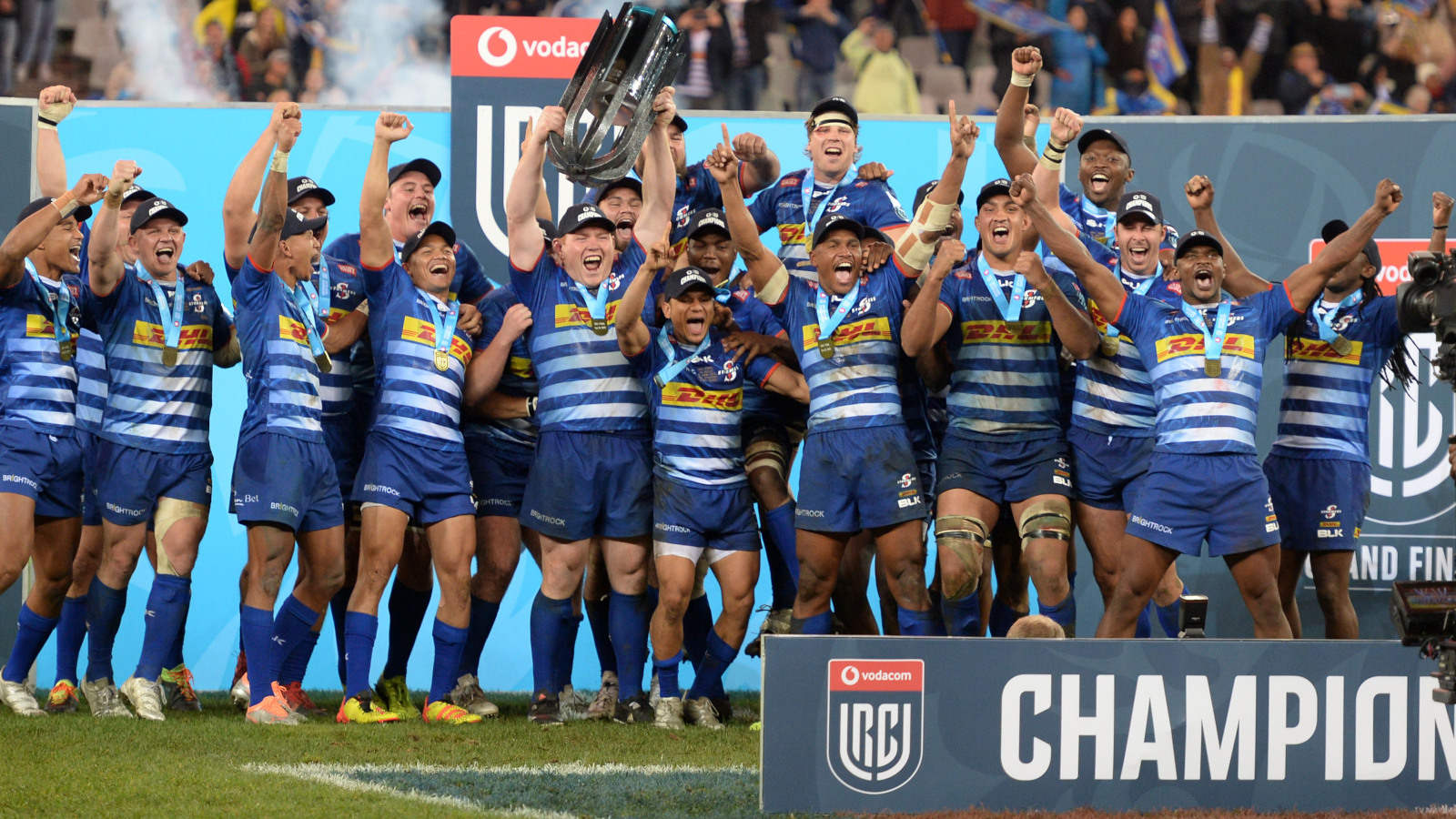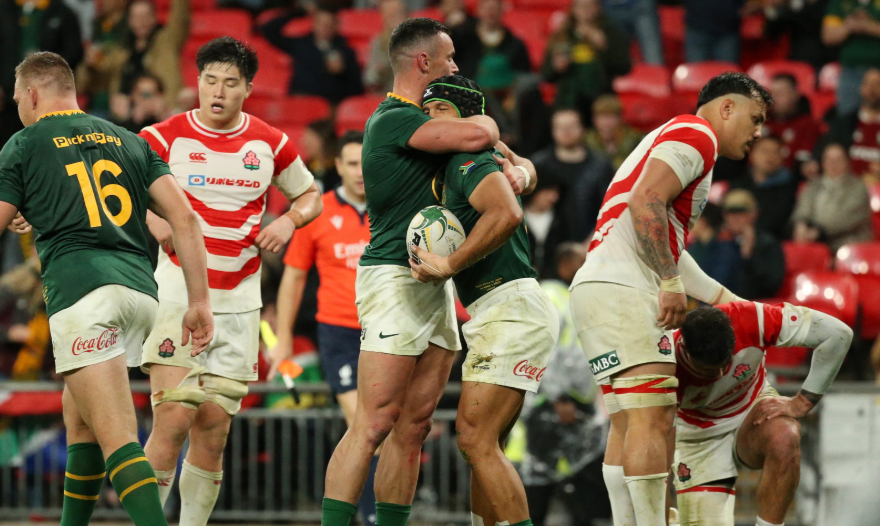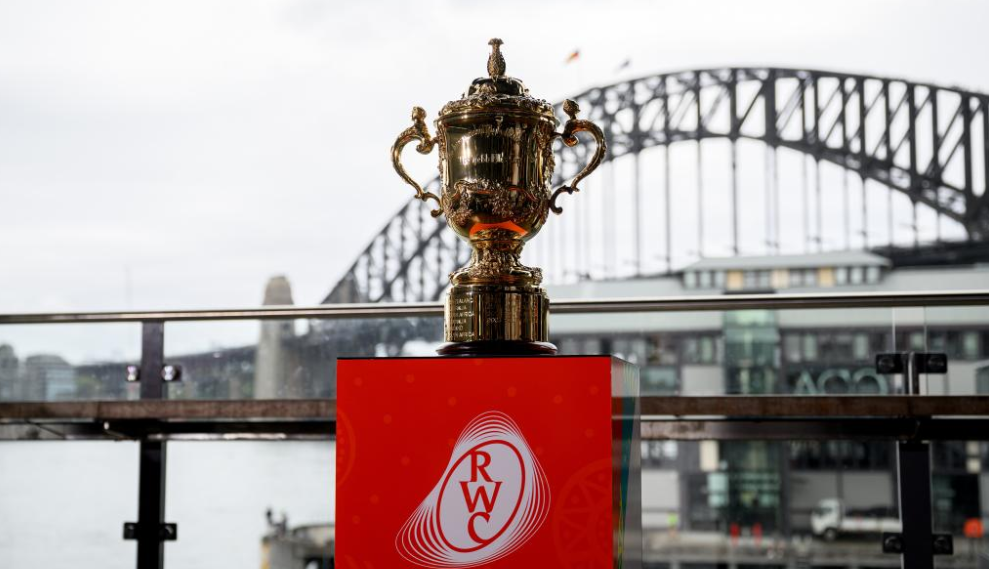South Africa’s rugby landscape is unique, shaped by a balance between developing homegrown talent and managing the increasing number of players heading overseas. Springbok head coach and SARU Director of Rugby, Rassie Erasmus, recently shed light on the financial and contracting model behind the national team’s selection process and the Player of National Interest (PONI) system.

The Evolution of the Springbok Contracting Model
In the early 2010s, only a small group of 12 to 13 players were contracted to the Springboks. Over time, SA Rugby transitioned to a tri-party agreement before introducing the PONI system. This current system is designed to support promising young players while strategically bringing experienced players back to South Africa.
“We sign players from various academies coming from the junior structures,” Erasmus explained. “We are trying to keep the younger ones in South Africa because when a young player goes abroad, it becomes difficult to select them.”
One of the key philosophies behind the model is that players should prove themselves in South Africa before seeking opportunities overseas. Erasmus highlighted that assessing young players abroad is challenging, as they compete in different leagues with varying levels of intensity.
How the PONI System Works
The PONI system is essentially a structured budget that supports potential future Springboks. SA Rugby collaborates with domestic franchises to allocate this budget effectively.
“That budget is our succession planning,” Erasmus explained. “It must be spent on PONI players who will probably play for the Boks in the future. If there’s any money left from that budget, such as when a player like Joseph Dweba leaves [the Stormers] and money is freed up, we can use that to help bring an experienced player like Handré Pollard back.”
Currently, SA Rugby contributes financially to between 50 and 60 players at various levels, ensuring a broader talent pool than in the past. In comparison, previous systems had only 14 contracted players, of whom only four would play at least 50% of the available matches. The shift to the PONI model allows more flexibility and strategic planning, ensuring the national team retains its competitive edge.
The Role of Franchises in Player Contracts
SA Rugby does not contract players directly. Instead, franchises are responsible for bringing players back to South Africa within a salary cap that they establish. SA Rugby’s financial contribution is directed to the franchise, not the individual player, helping teams secure key talent.
“We don’t contract the players,” SA Rugby CEO Rian Oberholzer clarified. “It’s up to the franchises to bring the player back within a salary cap that they agreed on themselves. The contribution from SA Rugby’s side is to the players’ salary and not to them directly, but to the union [franchise].”
This approach provides flexibility for franchises while ensuring that SA Rugby can assist in keeping top-tier players within the local system when possible.
Striking a Balance Between Local and Overseas Talent
While South African rugby has a global footprint, with many players plying their trade in Europe and Japan, the Springbok management remains selective about choosing overseas-based players for the national team. Erasmus emphasised that players must prove themselves in South Africa before heading abroad, as it becomes increasingly difficult to rank and evaluate them once they leave.
The PONI system plays a crucial role in keeping South African rugby competitive on the global stage by developing a steady pipeline of talent while allowing room for experienced players to return. This structured yet flexible approach is one of the reasons the Springboks remain one of the top teams in world rugby.
As SA Rugby continues refining its contracting and selection strategies, the challenge remains: how to keep young talent at home while managing the realities of an increasingly globalised player market. With a clear financial model and a long-term vision, the Springboks seem well-equipped to navigate these challenges and maintain their dominance on the world stage.





